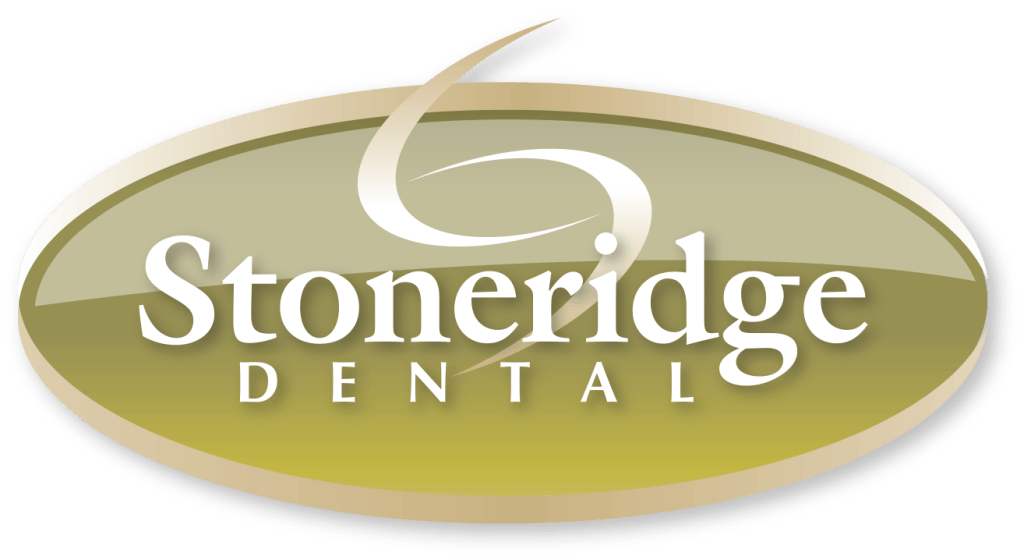Listen or Read Dr. Bielkie’s Monthly Podcast Interview!
Topic – Root Canals – Saving Your Teeth!
Below you will find an easy to read transcript of Dr. Anthony Bielkie’s interview on the razorcast™ monthly podcast. You can click the video to listen to the podcast or simply read the easy to follow transcript below. Enjoy!
Podcast Interview:
RC: Hello everyone, this is Liz Harvey coming to you from our razorcast™ studios in New York City where we are dedicated to bringing you top quality advice from many of the leading expert professionals across the United States.
In today’s episode we are speaking with Dr. Anthony Bielkie. Dr. Bielkie is the founder of Stoneridge Dental with locations in Shelby Township and St. Clair Shores, Michigan. Dr. Bielkie received his Doctorate of Dental Surgery from the University of Michigan School of Dentistry in 1991 and received the prestigious Fellowship Award from the Academy of General Dentistry in 2000. He is a member of the American Dental Association, the Michigan Dental Association, the Macomb Dental Society and a Board Member of the Academy of General Dentistry. He is certified in Lumineers, Invisalign and Clear Correct and has over two decades of experience serving patients of all ages.
Dr. Bielkie is widely considered to be one of the top dentists in the country and he is also a contributing member of our national network of industry professionals.
Today we are going to talk about a very important topic: Root Canals – Saving Your Teeth!
RC: Hi Dr. Bielkie. How are you today?
Dr. Anthony Bielkie: I’m doing great Liz. How are you?
RC: Great, thanks so much for being here.
Question 1: Let’s start by explaining what can happen to the different parts of the tooth that might lead to the need for a root canal.
RC: So let’s start by explaining what can happen to the different parts of the tooth that might lead to the need for a root canal.
Dr. Anthony Bielkie: That’s a great question. So by far, the most common reason someone will need a root canal is from tooth decay. So cavities start in the outside layer of the tooth or the enamel. And the enamel – because of the fluoride that we have and our drinking water and our toothpaste – is very strong. But once that cavity starts penetrating, it can get into the next layer, the dentin, and the decay can spread pretty fast. And so the best way to try and prevent all of that is for regular cleanings and early detection. But once it gets into the nerve of the tooth, bacteria can find their way and the tooth can abscess and that can lead to having tooth pain and the need of a root canal. Also trauma – so a hockey injury, falling off your bike… can expose the nerve and frequently due to trauma, we have to do root canals also.
Question 2: What are the main benefits of saving the tooth with a root canal?
RC: And what are the main benefits of saving the tooth with a root canal?
Dr. Anthony Bielkie: Your options are limited once you have a toothache and it’s determined that you need a root canal. One option is to delay treatment and that’s probably the worst option because the infection will never heal on its own once it’s determined and eventually it can cause severe problems.
You could have the tooth removed and then there’s obvious problems with that. Both cost wise to replace it and aesthetics. And if you don’t replace it, teeth can shift and cause multiple bite problems that can lead to problems with your jaw joint and shifting of teeth making difficult to clean other teeth and so the whole problem can perpetuate a self-fulfilling prophecy of a bad bite.
Question 3: Could you explain the process involved in the actual root canal procedure?
RC: Could you explain the process involved in the actual root canal procedure?
Dr. Anthony Bielkie: Sure, there’s multiple different ways that treatment can be done but it usually starts with making sure you’re thoroughly numb and so generally a local anesthetic. If patients are apprehensive, we can use nitrous oxide to help relax them. In some cases, we’ll use some kind of oral sedation. And then once it’s thoroughly numb, we’ll remove the decay. Or if there’s no decay – the trauma area – we’ll remove the nerve part of the tooth. And we take a series of x-rays to verify that. We put some medication inside of the tooth and then at that point, patients are usually pain free. There will be no more hot or cold pain in the tooth. Sometimes it’s a little sensitive to biting but for the most part it’s a very simple procedure.
Question 4: If someone has never had a root canal, what should they expect to experience? And are follow-up visits required?
RC: And I know you touched on this a little bit but I think people really fear root canals and they make jokes about them so if someone has never had a root canal, what should they expect to experience? And are follow-up visits required?
Dr. Anthony Bielkie: Liz, you don’t know how many times we’ve talked about this in our office. What I like to tell people is you don’t want a toothache. If you have a toothache, you absolutely want a root canal. That’s the way you’re going to remove the discomfort. And so most of those stories you hear are about people who needed a root canal and didn’t go, probably for fear of the procedure. I can’t tell you how many times patients will come in and say “Uh, if I knew it would I have been that easy, I should have done this a long time ago!”
So the last thing people should do is be afraid of the root canal. I think they should find their dentist and talk to him about what their options are.
Question 5: After the root canal is complete, is there anything the patient should watch out for?
RC: Great and after the root canal is complete, is there anything a patient should watch out for?
Dr. Anthony Bielkie: Generally after the tooth is root canaled and it’s pain-free, it’s recommended that a permanent restoration is put on there. So the root canal is the part that takes care of the pain – removes the infection – but then the tooth should be protected. So we put a crown over top of the tooth and generally we bring you back three to six months later at your follow up cleaning appointment and just make sure everything is healing okay, you’re not having any problems.
RC: Alright so thank you so much Dr. Bielkie. We know you are really busy so I just want to thank you for your time and help today.
Dr. Anthony Bielkie: Thanks for having me on. It was great talking to you today Liz.
RC: Thanks so much and for our listeners across the country, if you are interested in speaking with Dr. Anthony Bielkie, you can either go online to www.StoneRidgeDental.com or call 586-739-6400 to schedule an appointment.
On behalf of our entire team at razorcast™, we want to thank you for listening and we look forward to bringing you more top quality content from our country’s leading industry professionals.
Click here to receive more information & to schedule your consultation.



